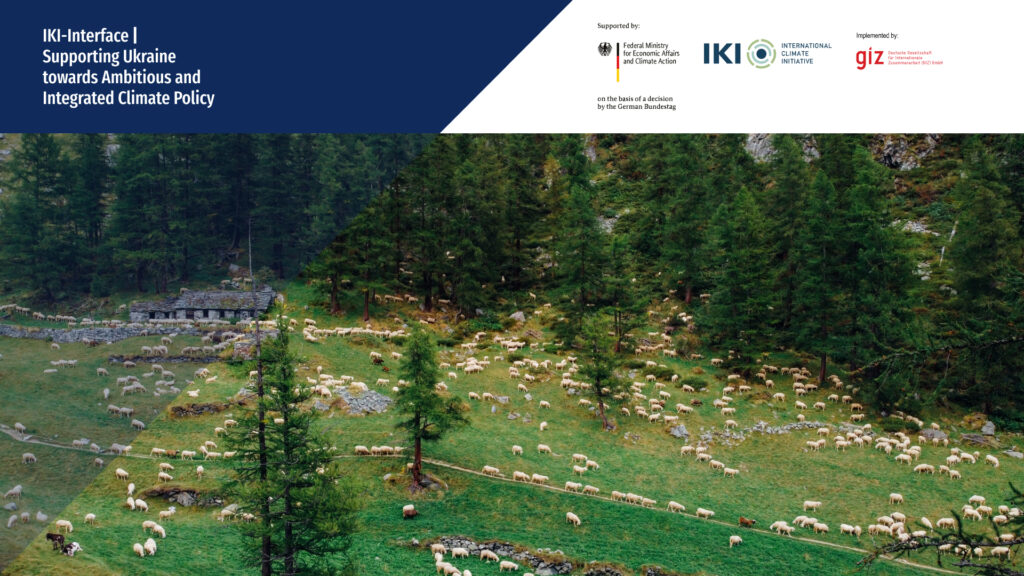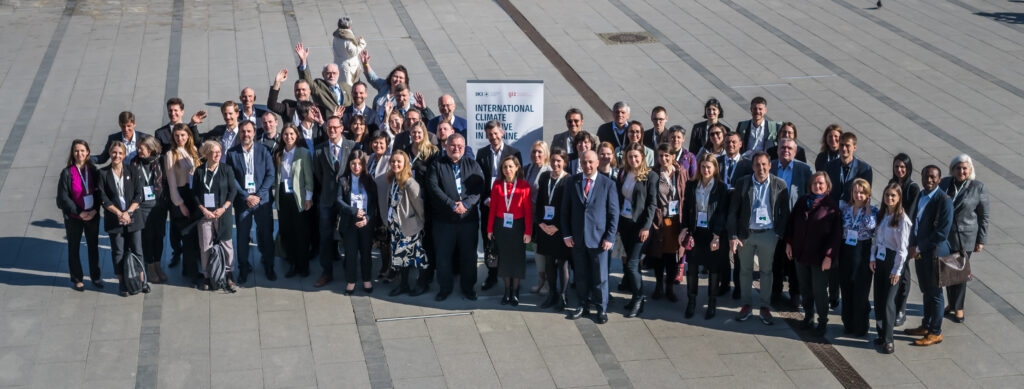On 11 June 2025, the Ministry of Environmental Protection and Natural Resources of Ukraine published the draft of Ukraine’s Second Nationally Determined Contribution (NDC2-2025) to the Paris Agreement for public consultation with key stakeholders.
Ukraine’s NDC2-2025 is the first climate commitment the country has developed under the conditions of Russia’s full-scale invasion. The document reflects the profound impact of the war on Ukraine’s economy — including infrastructure destruction, limited emissions monitoring, and economic challenges. At the same time, it lays the foundation for reaffirming Ukraine’s climate ambitions, outlining key decarbonisation pathways across economic sectors and supporting the country’s green recovery and commitment to achieving climate neutrality by 2050.
Main points of the draft NDC2-2025:
- A target is set to reduce net greenhouse gas emissions by 68–73% from the 1990 level by 2035, taking into account absorbtion.
- The emission reduction target covers all sectors of the economy and the entire territory of Ukraine. After the restoration of Ukraine’s territorial integrity, the NDC2 will be adjusted based on updated and verified data.
- Ukraine expresses its intention to participate in market mechanisms under Article 6 of the Paris Agreement.
- It is stated that Ukraine’s NDC2 is aligned with the trajectory of achieving climate neutrality no later than 2050.
The preparation of NDC2-2025 involves broad stakeholder engagement to ensure transparency and inclusivity in shaping realistic climate targets and the optimal pathways to achieve them. The draft is currently under discussion with representatives of government institutions, local authorities, the private sector, civil society, academia, and international partners.
The preparation process of NDC2-2025 is coordinated by the Ministry of Environmental Protection and Natural Resources of Ukraine and supported by the project “IKI Interface: Supporting Ukraine towards Ambitious and Integrated Climate Policy (Green Ukraine)”, implemented by Deutsche Gesellschaft für Internationale Zusammenarbeit (GIZ) GmbH on behalf of the Federal Ministry for Economic Affairs and Energy (BMWE), within the framework of the International Climate Initiative (IKI).

